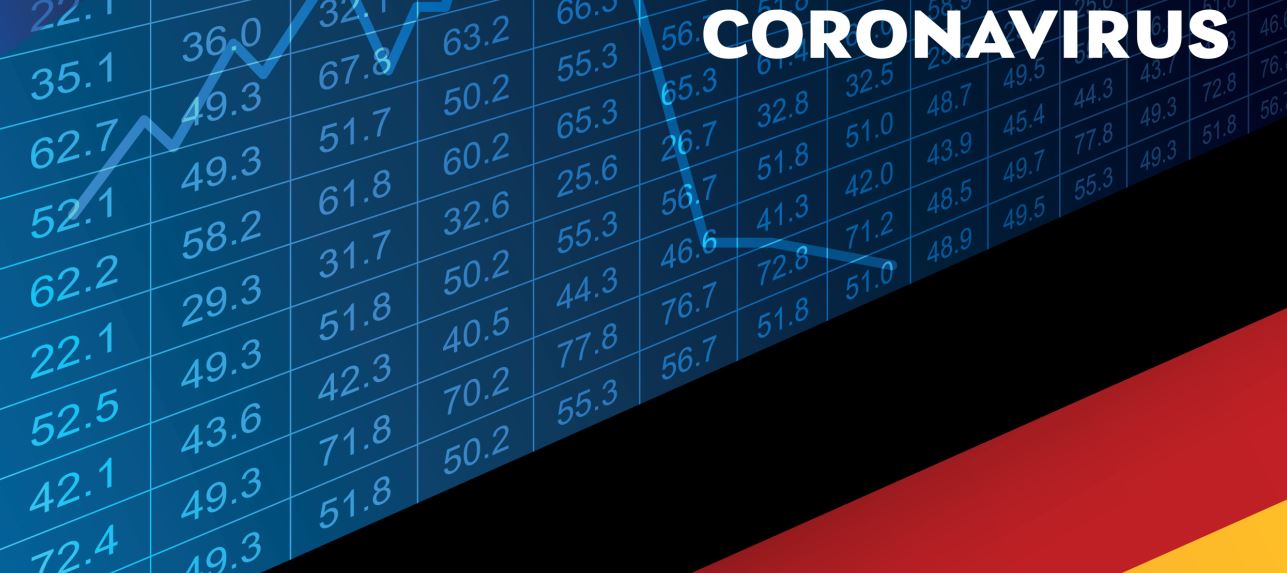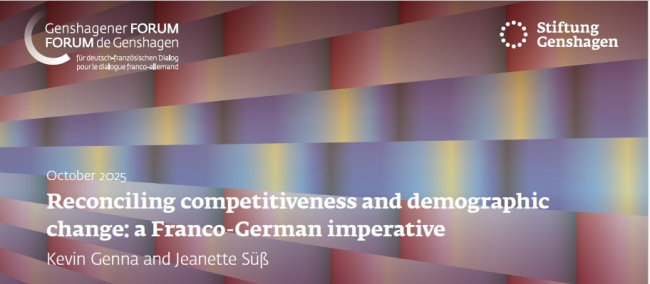German Economic Policy during the Corona-crisis. How Germany Intends to Support its Economy
Compared with other European countries, Germany’s management of the COVID-19 crisis has been efficient. Its health system has successfully coped with the challenge of the fight against the pandemic, the impact on employees has been mitigated thanks to allowances dedicated to furlough leave, business aids were important and quickly available, the government has been responsive.

The national recovery plan is characterized by the financial resources mobilized, reaching 1,200 billion euros, and by its pragmatism. Germany is in fact abandoning its "black zero" policy, i.e. a balanced budget without debt, implemented since the last financial crisis. Certain aspects of the initial management of the coronavirus crisis, such as the ban on export of medical equipment to EU member states, or the closure of borders to neighboring countries, somehow blur the global picture. Anyway, the German government decided to financially support the European Union (EU) in the fight against the crisis. The economic recovery plan, amounting to 750 billion euros, offers a unique opportunity to improve the competitiveness of the European economy. Based on a Franco-German initiative, this recovery plan is also an important step forward for the European project.
Sandra Parthie has been the head of the Brussels Office of the German Economic Institute (Institut der deutschen Wirtschaft – IW).
This publication is available the following languages:
- FRENCH: La politique économique allemande face à la crise du COVID-19. Comment l’Allemagne soutient son économie.
- GERMAN: Deutsche Wirtschaftspolitik in der Corona-Krise: Wie Deutschland seine Wirtschaft zu schützen versucht.
Related centers and programs
Discover our other research centers and programsFind out more
Discover all our analysesMerz’ European Policy-making: The End of the ‘German Vote’?
Friedrich Merz’s European ambition is to turn Germany, long seen as hesitant into a leading actor within the European Union (EU). To that end, he has pledged to end the “German vote,” a phenomenon that epitomizes the paradox of a country both indispensable and frequently absent from European decision-making.

Securing critical raw material (CRM) value chains – a prerequisite for Europe’s technological resilience
At the heart of economic security, technological resilience is a backbone of the European Union’s (EU) competitiveness. The EU’s energy and digital transitions depend on critical raw materials (CRM).
Reconciling competitiveness and demographic change: a Franco-German imperative
France and Germany are facing parallel demographic shifts that could reshape the future of their economies and their social models. These shifts reflect broader European patterns but are magnified by the central role both nations play in EU governance and competitiveness.
Taking the Pulse: Does France's Political Crisis Weaken Europe's Geopolitical Hand?
While the EU tries to navigate a myriad international challenges, France is experiencing historic political disarray. What impact will instability in Paris have on Europe's geostrategic capacity?










